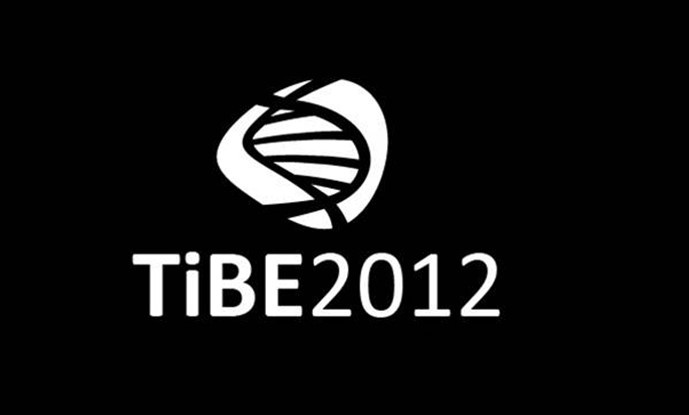TiBE 2012 | Integrative Approaches in Evolutionary Biology

TiBE, Trends in Biodiversity and Evolution, is an annual meeting organized by CIBIO-InBIO to bring together senior researchers, post-graduate and graduate students in Biological Sciences, and promote a relaxing but insightful discussion about cutting edge topics on Biodiversity and Evolution. Each year a specific subject will be chosen, and recognized senior scientists will be invited to report their views, opinions and novel results.
TiBE 2012 will have as topic the Integrative Approaches in Evolutionary Biology and it will take place on December 6 - 7th at the Campus Agrário de Vairão, hosted by the IBEE - Integrative Biogeography, Ecology and Evolution research group at CIBIO. The scientific program will include four invited plenary lectures from prominent researchers, 18 oral communications (to be selected from participants) and two poster sessions covering the most up-to-date findings in Evolutionary Biology.
Session 1: SPECIATION
Plenary lecture: Speciation with gene flow in winkles and aphids. Roger Butlin (Department of Animal and Plant Sciences, University of Sheffield, UK).
Session 2: NICHE EVOLUTION
Plenary lecture: How to assess a species' evolutionary potential in Grinellian niche space? Novel tools and approaches. Dennis Rödder (Herpetology Section, Zoological Research Museum Alexander Koenig, Germany).
Session 3: BEHAVIOURAL ECOLOGY
Plenary lecture: Come together, right now: salient traits in the evolution of sociality in digger wasps. Carlo Polidori (National Museum of Natural Sciences (CSIC) of Madrid, Spain).
Session 4: COEVOLUTION
Plenary lecture: The coevolutionary history of the smallest eukryotes and their giant viruses: Prasinoviruses and microalgae. Yves Desdevises (University Pierre and Marie Curie/ Banyuls Oceanological Observatory, Banyuls-sur-Mer, France).